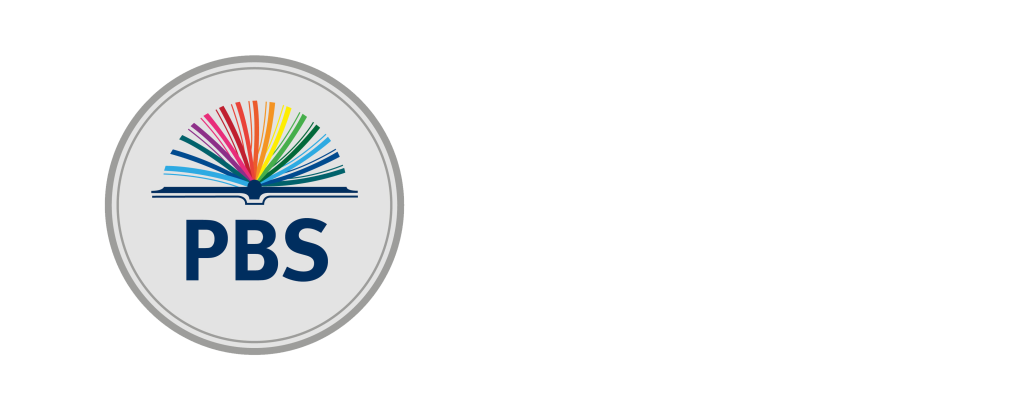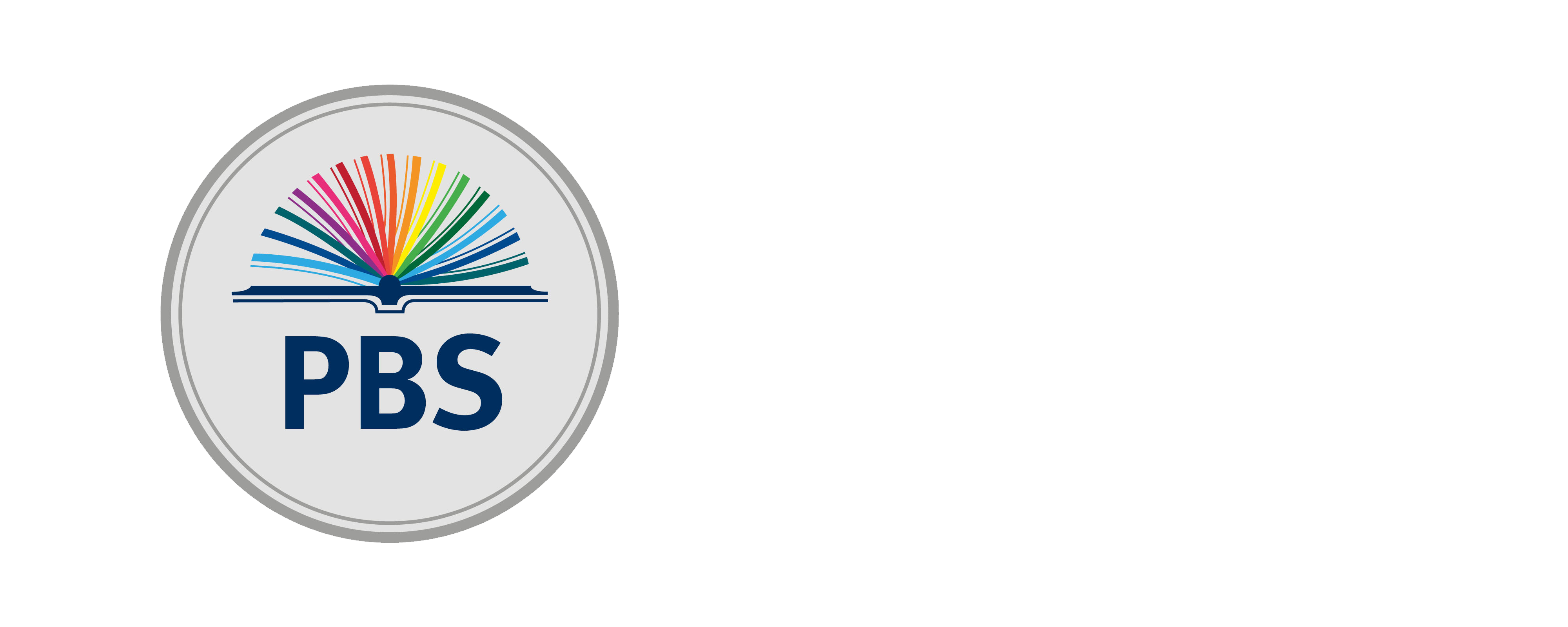Introduction to Bookkeeping
Bookkeeping is the systematic process of recording, organising, and maintaining financial transactions for a business. For small to medium enterprises (SMEs) in Australia, bookkeeping is essential for financial health, tax compliance, and smart decision-making. Without consistent bookkeeping, businesses risk poor financial visibility, ATO penalties, and impaired growth.
Bookkeeping Definition
At its core, bookkeeping means:
- Recording all business transactions
- Categorising financial data for reporting
- Ensuring accurate financial records are maintained
Key Transactions Recorded in Bookkeeping
- Sales and income
- Expenses and purchases
- Accounts payable and receivable
- Bank deposits and withdrawals
- Payroll and superannuation obligations
- Assets, liabilities, and equity adjustments
Bookkeeping vs. Accounting: What’s the Difference?
| Bookkeeping | Accounting |
| Data entry and recordkeeping | Financial analysis and strategy |
| Managing day-to-day transactions | Preparing financial reports |
| Reconciling bank statements | Tax planning and lodgement |
| Payroll and compliance reporting | Business forecasting and advisory |
Why Bookkeeping is Important for Australian SMEs
ATO Compliance and Legal Obligations
The Australian Taxation Office (ATO) requires businesses to:
- Submit accurate Business Activity Statements (BAS)
- Report GST correctly
- Keep records for at least 5 years
- Manage PAYG withholding and superannuation
Cash Flow Management
Accurate bookkeeping helps business owners:
- Track incoming payments and outgoing expenses
- Forecast future cash need
- Avoid cash shortages
- Manage debt and supplier obligations
Informed Business Decisions
With clear financial records, SMEs can:
- Evaluate profitability
- Identify cost-saving opportunities
- Plan for growth and expansion
- Secure business financing more easily
The Core Functions of Bookkeeping
Recording Daily Transactions
- Sales invoices and receipts
- Supplier bills and payments
- Payroll transactions
- Bank deposits and withdrawals
Accounts Receivable Management
- Issuing customer invoices
- Tracking outstanding payments
- Following up on overdue accounts
Accounts Payable Management
- Recording supplier invoices
- Scheduling payments
- Managing supplier relationships
Bank Reconciliation
- Matching internal records to bank statements
- Identifying errors or discrepancies early
Payroll and Superannuation Processing
- Calculating wages
- PAYG withholding
- Superannuation payments
BAS Preparation and GST Compliance
- Calculating GST collected and paid
- Completing accurate BAS forms
Financial Reporting
- Profit & Loss Statements
- Balance Sheets
- Cash Flow Statements
Bookkeeping Compliance in Australia
| Requirement | Obligation |
| Record Retention | 5 years minimum |
| BAS Lodgement | Timely and accurate |
| PAYG Withholding | Accurate reporting and payments |
| Superannuation | On-time super contributions |
| Record Accuracy | Complete and legible records |
Bookkeeping Methods: Manual vs. Cloud-Based
Manual Bookkeeping
- Paper records or spreadsheets
- Higher risk of human error
- Time-consuming for SMEs
Cloud-Based Bookkeeping Software
Popular options in Australia include:
- Xero (recommended and supported by PBS)
- MYOB
- QuickBooks Online
Benefits of Cloud Bookkeeping
- Real-time financial data access
- Automation of recurring tasks
- Secure cloud storage
- Integration with banks and the ATO
- Easier collaboration with bookkeepers
At Professional Bookkeeping Service (PBS), we exclusively support Xero, as it offers seamless ATO integration, intuitive dashboards, and scalable automation tools ideal for SMEs.
The Role of a Professional Bookkeeper
A professional bookkeeper offers:
- Compliance with ATO regulations
- Error detection and correction
- BAS and GST expertise
- Timely financial reporting
- Process optimisation and software setup
Outsourcing bookkeeping allows SME owners to focus on running their businesses with confidence.
When Should SMEs Hire a Bookkeeper?
Signs You Need Professional Bookkeeping
- Handling over 20–50 transactions per month
- Managing payroll and superannuation
- Preparing BAS regularly
- Dealing with multiple bank accounts and credit cards
- Wanting financial reports for better decision-making
The Cost of Inaccurate Bookkeeping
Failing to maintain accurate records can result in:
- ATO audits and fines
- Overpaying or underpaying taxes
- Cash flow mismanagement
- Missed financial opportunities
- Business instability
Conclusion: Bookkeeping as a Strategic Asset
Bookkeeping is more than compliance—it’s a financial management tool that:
- Ensures ATO compliance
- Supports business growth
- Improves cash flow
- Reduces financial risks
For Australian SMEs, investing in expert bookkeeping services leads to long-term success.
Get Professional Bookkeeping Help
At Professional Bookkeeping Service (PBS), we specialise in providing done-for-you bookkeeping for SMEs across Australia. Our expert team ensures your books are compliant, accurate, and up to date — so you can focus on growing your business.
Contact us today for a free bookkeeping consultation.

